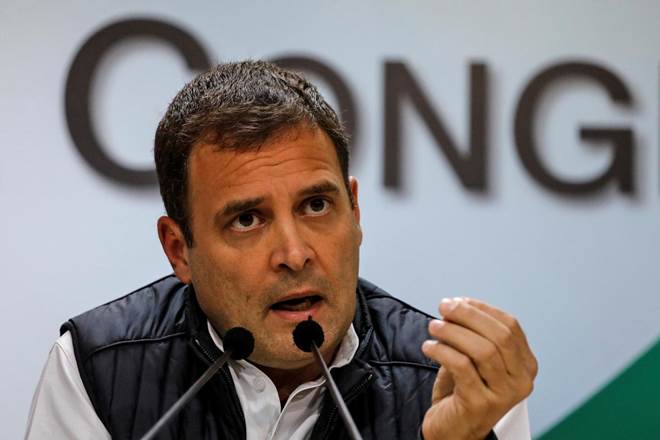Former Congress President Rahul Gandhi on Saturday said that the government was diluting Right to Information Act (RTI) in order to help the corrupts in India. He wondered why no anti-corruption crowd was speaking against the move. “Government is diluting RTI in order to help the corrupt steal from India. Strange that the normally vociferous anti-corruption crowd has suddenly disappeared,” Rahul Gandhi said in a tweet.
Government is diluting RTI in order to help the corrupt steal from India. Strange that the normally vociferous anti-corruption crowd has suddenly disappeared. #GovtMurdersRTI
— Rahul Gandhi (@RahulGandhi) July 27, 2019
His statement comes days after amendments to the RTI Act were passed by Parliament. The amendments seek to give the central government powers to fix salaries and tenures of information commissioners. However, the opposition parties called it a move to undermine the independence of the information commission.
Earlier this week, Congress Parliamentary Party (CPP) chairperson Sonia Gandhi launched a scathing attack on the government. She said that the Centre was ‘disempowering every Indian citizen’. She said that it was a matter of utmost concern that the government was hell-bent on ‘completely subverting the historic Right to Information Act, 2005′.
“This law, prepared after widespread consultations and passed unanimously by Parliament, now stands on the brink of extinction,” Gandhi said in a statement. She further said that RTI in its original form benefitted over 60 lakh people but the current dispensation considered the Central Information Commission as a nuisance and wants to destroy its status and independence’.
Not only Congress but several other parties have criticized the government for its move to amend the RTI Act. Delhi chief minister Arvind Kejriwal called it a bad move which will end the independence of Central and States Information Commissions. Former CIC Wajahat Habibullah has also expressed his displeasure at the amendments. He said that the amendments were aimed at killing transparency in governance.

